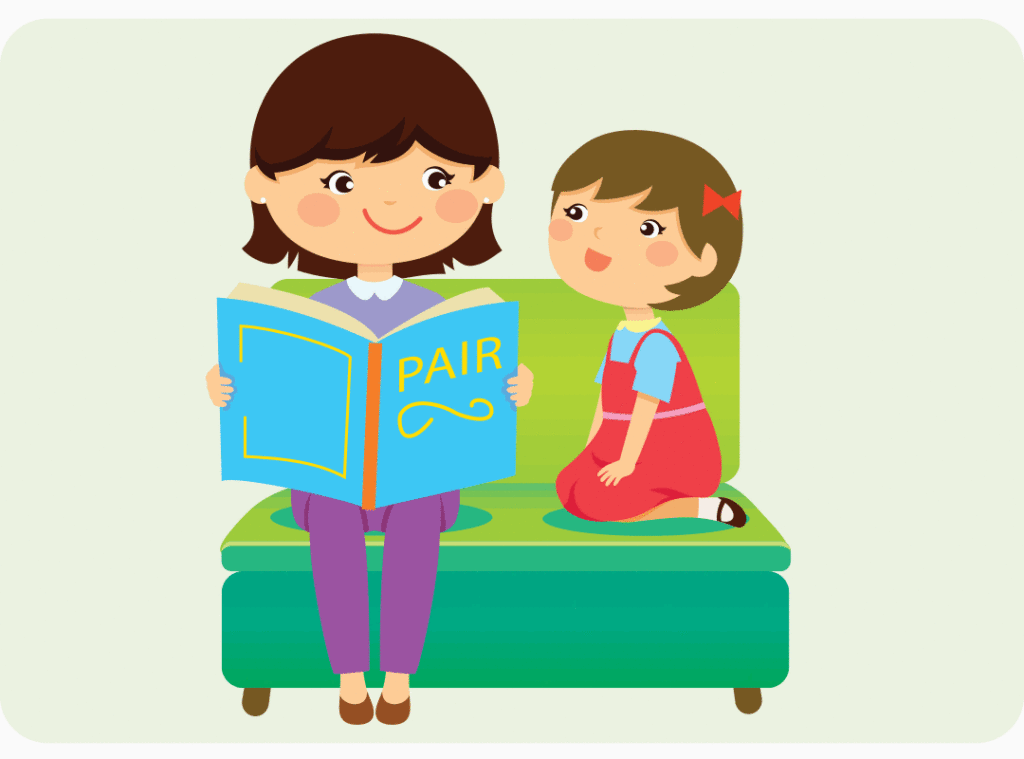
Reading Aloud
According to Duursma, Augustyn & Zuckerman (2008) in Reading aloud to children: the evidence:
‘. . . The type of conversations adults and children have during shared book-reading, as well as the emotional quality of the interactions and the discussions related to the print are even more important . . . It is not sufficient to simply read a text aloud in order to encourage children to learn from being read to ‘
With this in mind, PAIR (Parent Assisted Immersive Reading) resources show parents how to effectively engage their child in a book/story. Prompts embedded throughout all PAIR picture books enable the parent and child to participate in positive interaction and quality discussion.
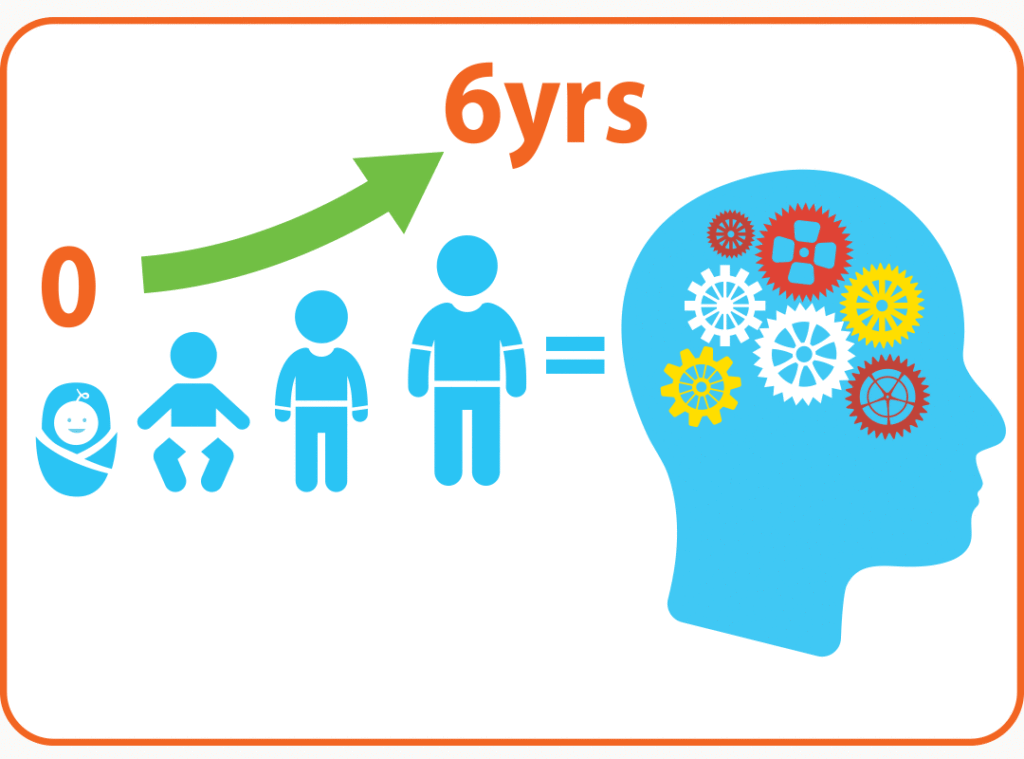
Early Years
‘The early years, from conception to age six, have the most important influence of any time on brain development and subsequent learning, behaviour and health. These influential years impact greatly on language and literacy development.’
It is obvious then, that early intervention is paramount in optimising reading readiness.
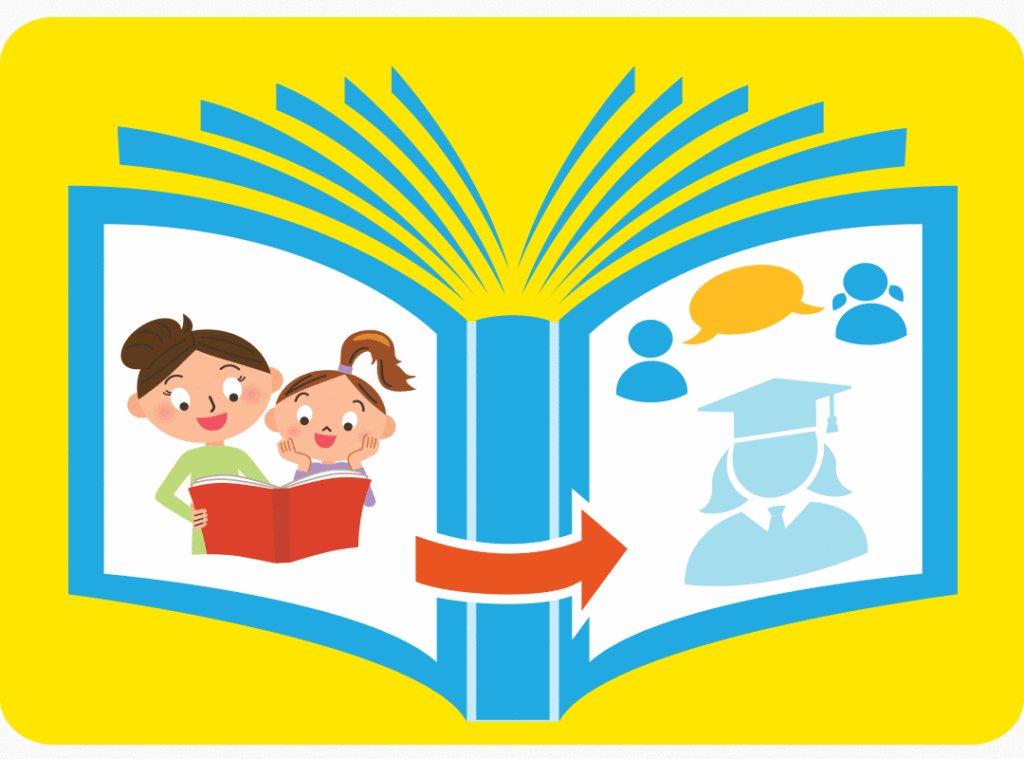
Schooling Outcomes
The University of Melbourne, along with the Victorian Department of Education and Early Childhood Development, recently released – ‘Reading to Young Children: A Head-Start in Life (2012).’ This research explored ‘the connections between parents reading to their children and their child’s later reading and other cognitive skills.”
It found … ‘The frequency of reading to children at a young age has a direct casual effect on their schooling outcomes regardless of their family background and home environment.’
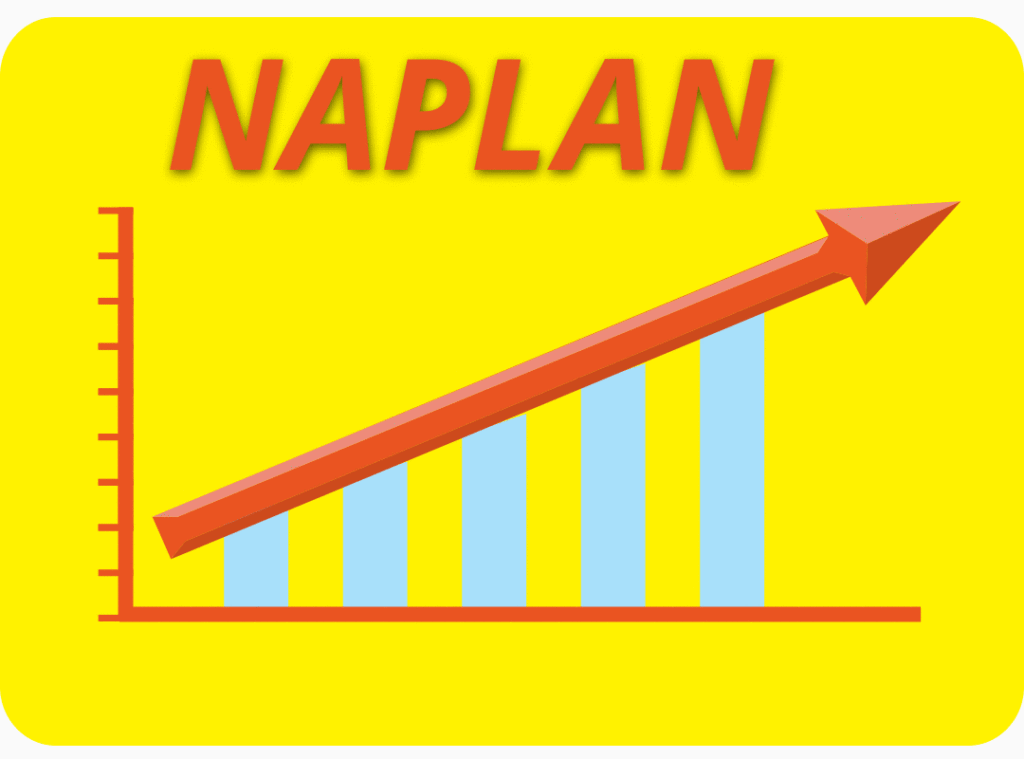
NAPLAN
It also found … Children read to more frequently at age 4 – 5 achieved higher scores on the National Assessment Program – Literacy and Numeracy (NAPLAN tests) for both Reading and Numeracy in Year 3 (age 8 to 9).
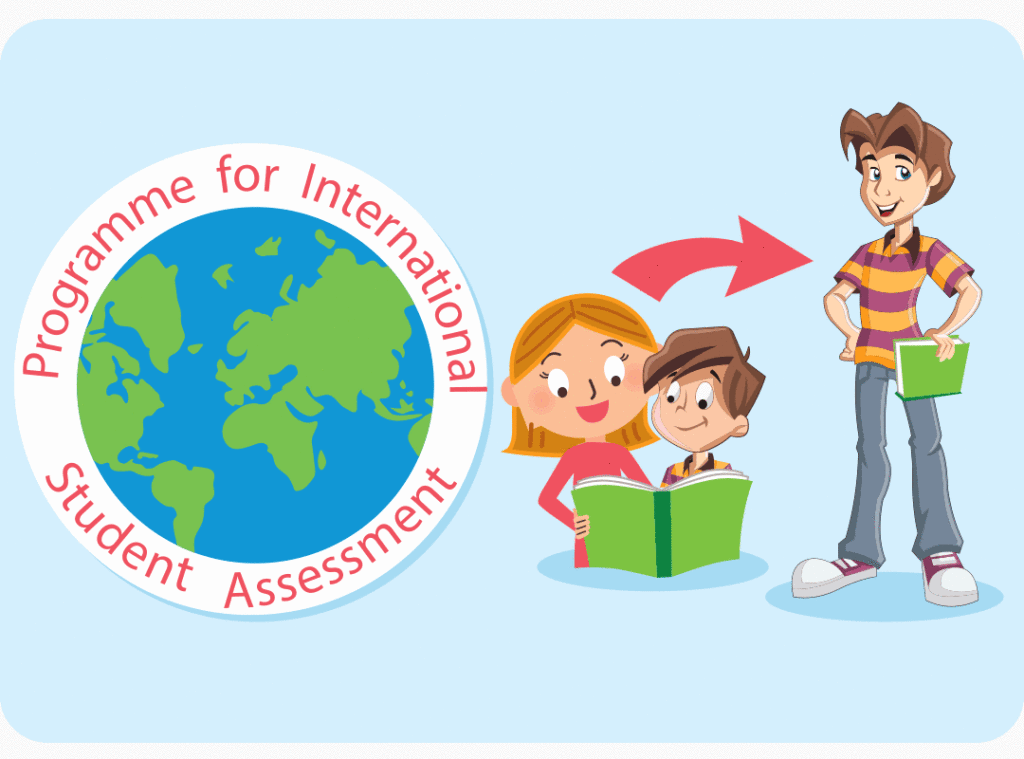
PISA
The OECD’s PISA report – PISA In Focus 10 reported the following:
‘Fifteen-year-old students whose parents often read books with them during their first year of primary school show markedly higher scores in PISA 2009 than students whose parents read with them infrequently or not at all.’
They also stated … ‘The performance advantage among students whose parents read to them in their early school years is evident regardless of the family’s socio-economic background.’